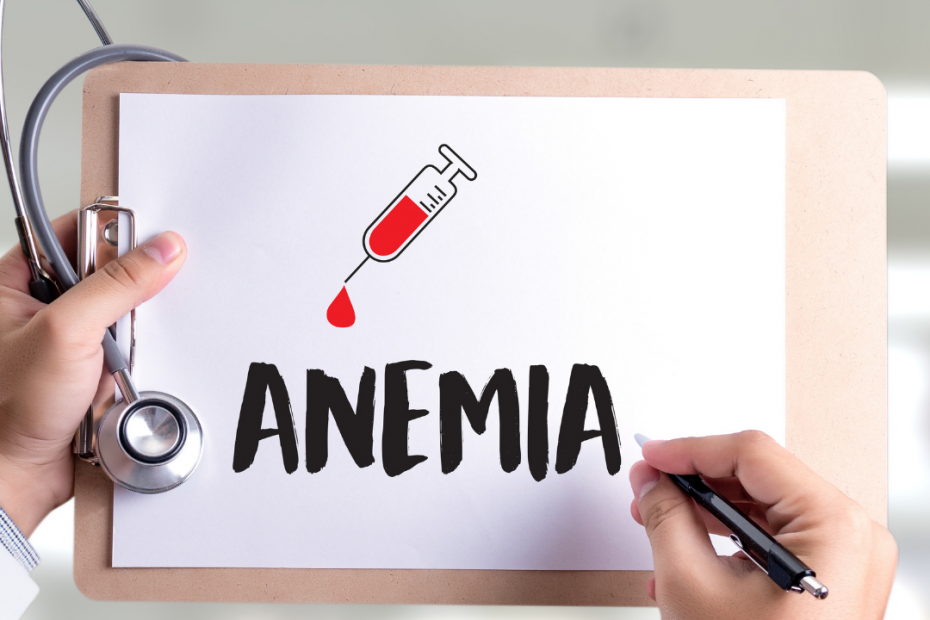Iron is an essential nutrient involved in the production of red blood cells. A deficiency of iron in the body can result in anemia, which can cause weakness, pale skin, heart palpitations, and shortness of breath. If left untreated, anemia can lead to organ damage. Fortunately, there are many ways to treat iron deficiency, including eating more iron-rich foods or taking an iron supplement.
What Is Iron Deficiency?
Iron is an essential mineral that the body cannot produce on its own. Iron deficiency is one of the most common nutrient deficiencies in the world, affecting up to 30 percent of the global population. Iron is used by the body to make hemoglobin and myoglobin (muscle fibers) and to help the body make and store energy.
Low levels of iron in the body can result in shortness of breath, tiredness, weakness, dizziness, and pale skin. Muscle weakness can lead to easy fatigability and decreased work productivity.
Iron deficiency is a common problem that affects people of all ages. It is a common problem for women, particularly during pregnancy or menstruation where blood levels and blood production are affected. Women who menstruate will lose blood into cotton sanitary pads australia or menstrual cups at regular intervals. This makes it very important for them to keep iron levels high in order to recover from blood loss.
The human body contains about 4 grams of iron, and when the iron levels in the body are depleted, we are considered to be anemic. Anemia affects approximately 10% of the world’s population, which totals over 1.6 billion people.
Is Iron Deficiency The Same As Anemia?
Iron deficiency is a common cause of anemia if ongoing for a long time. However, it is not the same as anemia. If you are anemic, you will have fewer red blood cells in your blood, and fewer oxygen-rich red blood cells can mean less energy. You can have anemia even if your iron levels are normal.
This is because anemia can be caused by other factors such as consistent blood loss. This can come from internal bleeding or blood-sucking insects such as mosquitoes and bedbugs. It is important to deal with these factors with medical attention for the former and pest control measures for the latter (see https://www.pestcontrolexperts.com/local/new-jersey/ for more information).
Furthermore, there are serious diseases such as bone cancer which may be the cause of anemia. In all mentioned cases, simply increasing your intake of iron is not enough to cure anemia. Having a doctor diagnose the source of your anemia is important to effectively treat it.
Is Iron Deficiency Fatal?f
Iron deficiency is usually less severe than anemia but it still has vital consequences. Iron deficiency-related anemia is often mild, and some people may not even know they have it. Iron deficiency also may be a contributing factor in conditions related to poor oxygen delivery to the cells, such as heart failure and diabetes.
While iron deficiency is rarely fatal, it can be detrimental to your health if left untreated. Iron deficiency anemia affects the growth and development of children so its important they get enough of it in their diet.
Increasing Your Iron Intake
Getting enough iron is important for your body. However, just like many other important minerals, your body does not store iron, so you need to consistently acquire it from the foods you eat. Overall, healthy diet choices with various foods are the best way to get the iron you need for a healthy body.
The foods that provide the most iron include meat, seafood, poultry, dried beans, tofu, and spinach. If your diet isn’t sufficient, you may need to take a supplement. Your body only absorbs a certain amount of non-heme iron, which is the type found in plants. Heme iron is found in meat and is more easily absorbed.
How Can Supplements Help?
An iron supplement can help people who are anemic. These supplements are usually in the form of a pill and usually contain folic acid, zinc, and B vitamins in addition to iron. Your doctor may recommend supplements to help you meet your daily iron needs. Supplements are not meant to replace the iron found in food; they are meant to enhance your nutrition and make up for any deficiencies.
